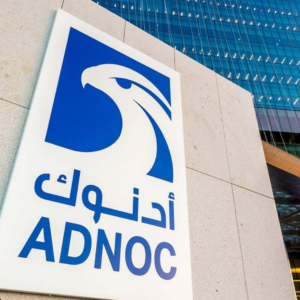The UAE’s digital-only bank has set a remarkable precedent by achieving profitability within its first full year of operations, a milestone that eludes many global neo-banks. This accomplishment underscores the potential of digital banking in the UAE’s financial landscape and highlights a successful business model in a sector where profitability is often a distant goal.
Several factors contribute to this early success. Firstly, the UAE’s digital banking sector benefits from a favorable regulatory environment. The country’s proactive stance on fintech innovation, supported by the Dubai International Financial Centre (DIFC) and the Abu Dhabi Global Market (ADGM), provides a robust framework for digital banks to operate efficiently. These regulatory bodies have created a conducive environment for fintech startups, facilitating smooth entry and operations in the market.
Secondly, the high level of digital adoption among the UAE population plays a significant role. The UAE has one of the highest smartphone penetration rates globally, and consumers are increasingly comfortable with digital transactions. This tech-savvy population provides a ready market for digital banking services, reducing customer acquisition costs and accelerating user adoption rates.
Another critical factor is the strategic approach taken by the UAE digital-only bank. Unlike many global neo-banks that often focus on rapid expansion and user growth at the expense of profitability, this bank has likely employed a more balanced strategy. By prioritizing sustainable growth, optimizing operational efficiency, and offering competitive yet profitable financial products, the bank has managed to achieve a positive bottom line.
Moreover, the bank’s emphasis on superior customer experience and innovative services has helped differentiate it from traditional banks. Features such as seamless mobile banking, personalized financial management tools, and 24/7 customer support enhance user satisfaction and loyalty, contributing to higher retention rates and recurring revenue.
In contrast, many global neo-banks struggle with profitability due to high operational costs and aggressive expansion strategies that often lead to significant financial









